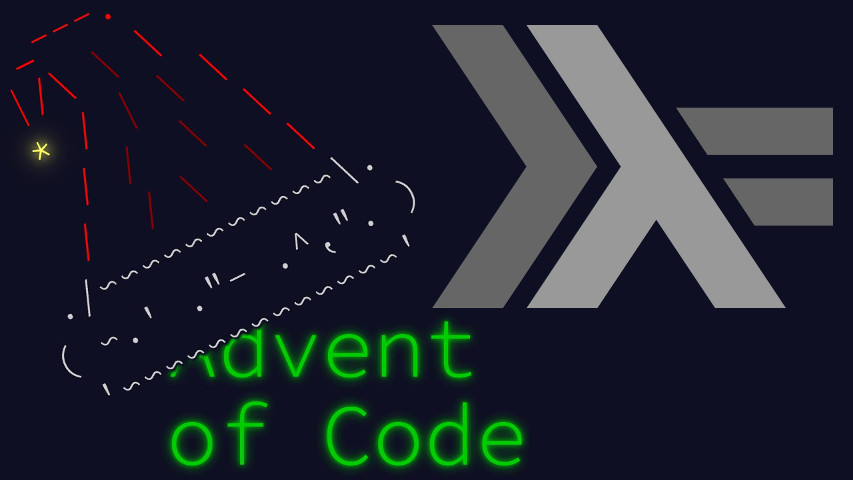Today’s Advent of Code puzzle “Grove Positioning System”, is mostly a disappointment. It’s not really hard compared to its position in the month, part 2 doesn’t really bring anything interesting to the story, and my nifty coding to solve the first part optimally was rendered totally useless by the secondone. Which doesn’t help appreciate the statement’s genius.
Anyway, it’s not that bad, but there really is nothing more to it than mere implementation. This makes for fine stars, but a boring write-up. Which starts right here, literate Haskell-style, with precious few imports.
import Control.Arrow ((&&&))
import Data.Sequence (Seq,ViewL((:<)),(<|),(><))
import qualified Data.Sequence as QThe input is a simple list of numbers. We parse it to a sequence.
parse :: String -> Seq Int
parse = Q.fromList . map read . linesIf I had been using vectors, I’d have this function backwards, but for free.
indexed :: Seq a -> Seq (a,Int)
indexed = Q.mapWithIndex (flip (,))Mixing can be thought of as 4 operations, performed as many times as we have elements:
- let x be the ith element; find its offset
- split the sequence around it to left0xright0
- split sequence right0left0 in the xth position (modulo sequence length)
- insert x there
mix :: Seq (Int,Int) -> Seq (Int,Int)
mix = go 0 where
go n s | n == Q.length s = s
| otherwise =
let Just offset0 = Q.findIndexL ((== n) . snd) s
(left0,Q.viewl -> (x,_) :< right0) = Q.splitAt offset0 s
offset = x `mod` (Q.length s - 1)
(left,right) = Q.splitAt offset (right0 >< left0)
in go (n+1) (left >< (x,n) <| right)To prove we performed the task, we’re to sum the numbers in positions 1000, 2000, 3000. Wow.
checksum :: Seq (Int,a) -> Int
checksum s =
let Just z = Q.findIndexL ((== 0) . fst) s
i = fst . Q.index s . (`mod` Q.length s) . (+ z)
in i 1000 + i 2000 + i 3000For part 1, that’s it.
part1,part2 :: Seq Int -> Int
part1 = checksum . mix . indexedFor part 2, we encounter the totally shocking surprise that we have to perform mixing repeatedly, for a total count of a mind-boggling… 10.
part2 = checksum . (!! 10) . iterate mix . indexed . fmap (811589153 *)Really, the only change for part 2 is to retract the complexity-nerfing optimization you may have had in there before, multiply the input list for some reason, and… there’s no and.
main :: IO ()
main = interact $ show . (part1 &&& part2) . parseThis completes today’s see you tomorrow.



